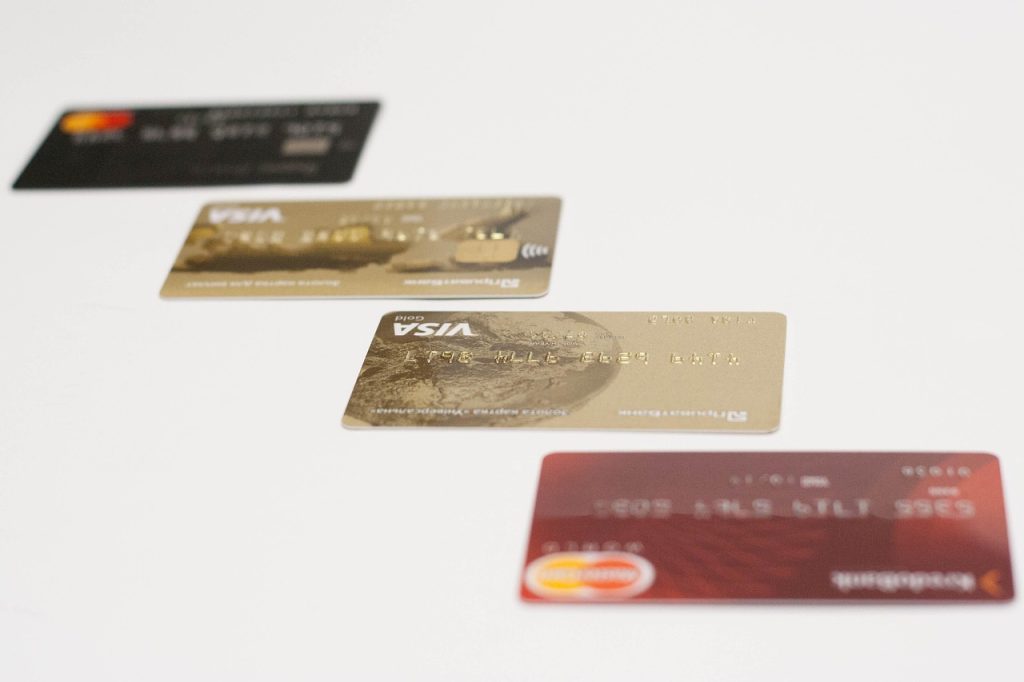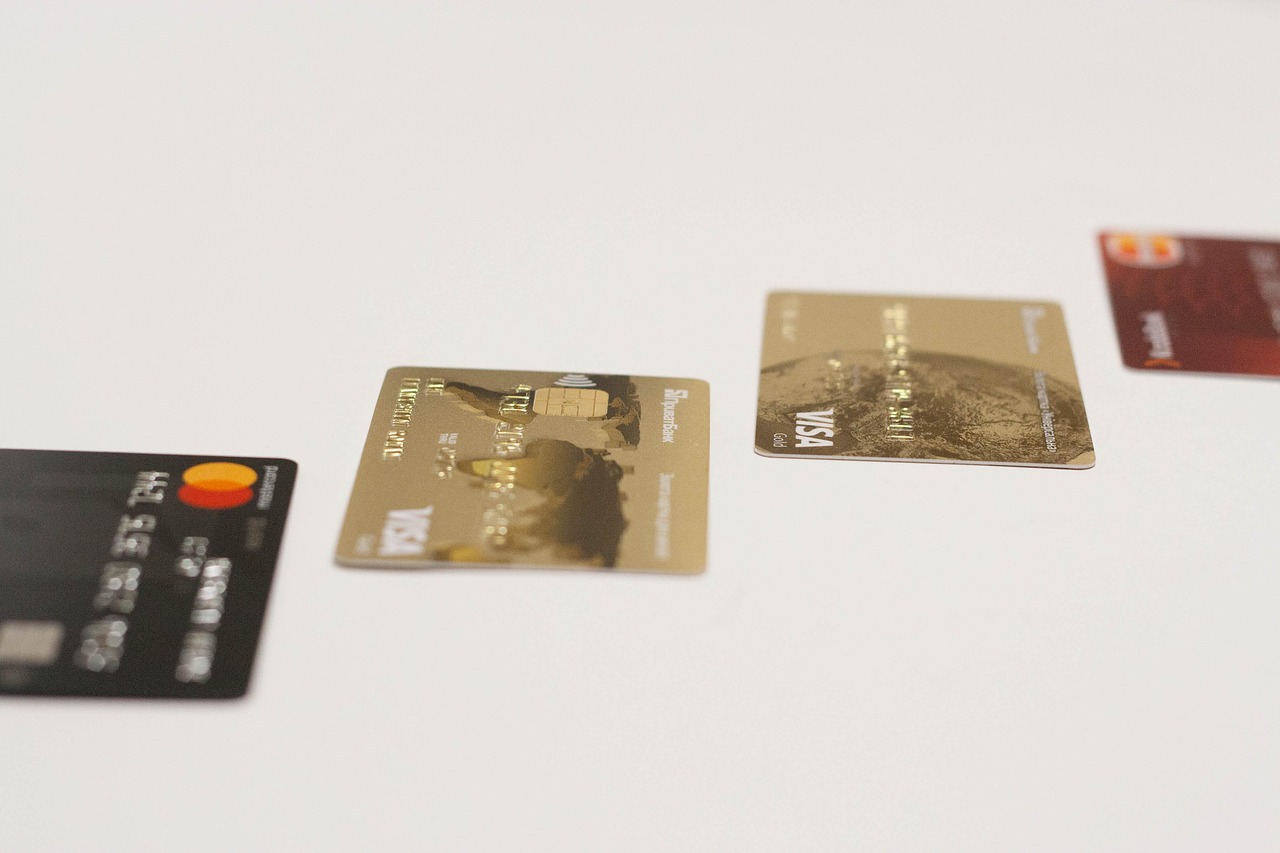Credit Score Mistakes: Avoid Bad Credit with These Simple Tips
- Understanding Credit Score Mistakes: Avoid Bad Credit with These Simple Tips
- Common Credit Score Mistakes
- Ignoring Your Credit Report
- Late Payments
- Overusing Credit Cards
- Closing Old Accounts
- Not Diversifying Credit Types
- Missing Out on Credit Improvement Tools
- Regularly Reassess Your Financial Practices
- Conclusion
Understanding Credit Score Mistakes: Avoid Bad Credit with These Simple Tips

Credit score mistakes can be a significant barrier to achieving financial stability and securing loans or credit cards on favorable terms. A solid credit score is vital for many financial endeavors, such as buying a home, leasing a car, or even getting a job. In this article, we will explore common pitfalls that can negatively impact your credit score and offer simple, actionable tips to help you avoid bad credit.
Common Credit Score Mistakes
To effectively improve your credit score, it’s essential to identify the common mistakes that many individuals unknowingly make. Here are some of the most prevalent errors:
Ignoring Your Credit Report
One of the biggest credit score mistakes is neglecting to review your credit report regularly. Errors in your credit report can stem from outdated information, identity theft, or clerical mistakes. Failing to monitor your credit report means you could be blindsided by inaccuracies that drag down your score.
Tip: Check your credit report at least once a year. You can obtain a free copy from each of the three major credit bureaus: Experian, Equifax, and TransUnion. Look for any discrepancies and dispute them promptly.
Late Payments
Making late payments on your bills can significantly affect your credit score. Payment history accounts for roughly 35% of your credit score, making it one of the most critical factors. A single late payment can remain on your credit report for up to seven years.
Tip: Set up reminders or automatic payments for your bills to ensure you’re never late. Even if you can’t pay the full amount, making at least the minimum payment can help mitigate potential damage.
Overusing Credit Cards
Another credit score mistake is maxing out your credit cards or maintaining high balances relative to your credit limit. This practice can increase your credit utilization rate, which affects about 30% of your score. Aim to keep your utilization below 30% to appear more creditworthy to lenders.
Tip: If you can, pay off your credit card balances in full each month. If you cannot do this, consider making multiple payments throughout the month to keep your balance low.
Closing Old Accounts
Many people mistakenly believe that closing old or unused credit accounts will help them manage their finances better. However, doing this can lower your overall credit score by reducing your total credit history length and increasing your overall credit utilization ratio.
Tip: Instead of closing accounts, use them minimally or keep them active by making small purchases. This will help to maintain your credit history while also contributing positively to your credit mix.
Not Diversifying Credit Types
Having a mixture of credit types such as credit cards, mortgages, and installment loans can positively influence your score. Relying solely on one type, like credit cards, may be considered risky by lenders.
Tip: If you don’t already, consider diversifying your credit. However, don’t open multiple new accounts just for the sake of variety; be strategic and only add credit when it makes sense for your financial situation.
Missing Out on Credit Improvement Tools
Many individuals are unaware of the various tools available to help improve their credit score. Using credit monitoring services or credit-building products can help you stay informed and proactive.
Tip: Look into credit-building options, such as secured credit cards or credit-builder loans, which are designed for those looking to improve or establish credit. These options can provide a pathway toward a healthier credit profile.
Regularly Reassess Your Financial Practices
As your financial situation evolves, so too should your strategies for maintaining good credit health. Regularly evaluating your financial practices is crucial to avoid bad credit.
Tip: Set aside time every few months to review your financial habits, spending patterns, and credit usage. Adjust your strategies based on what is and isn’t working.
Conclusion
Navigating the world of personal finance and credit can seem daunting, but by being mindful of credit score mistakes, you can take steps to avoid bad credit. Prioritizing practices such as regular credit report checks, timely payments, and diversifying credit types will contribute significantly to improving your financial standing. By following these simple yet effective tips, you will be on your way to achieving and maintaining a healthier credit score, opening doors to better financial opportunities in the long run.





